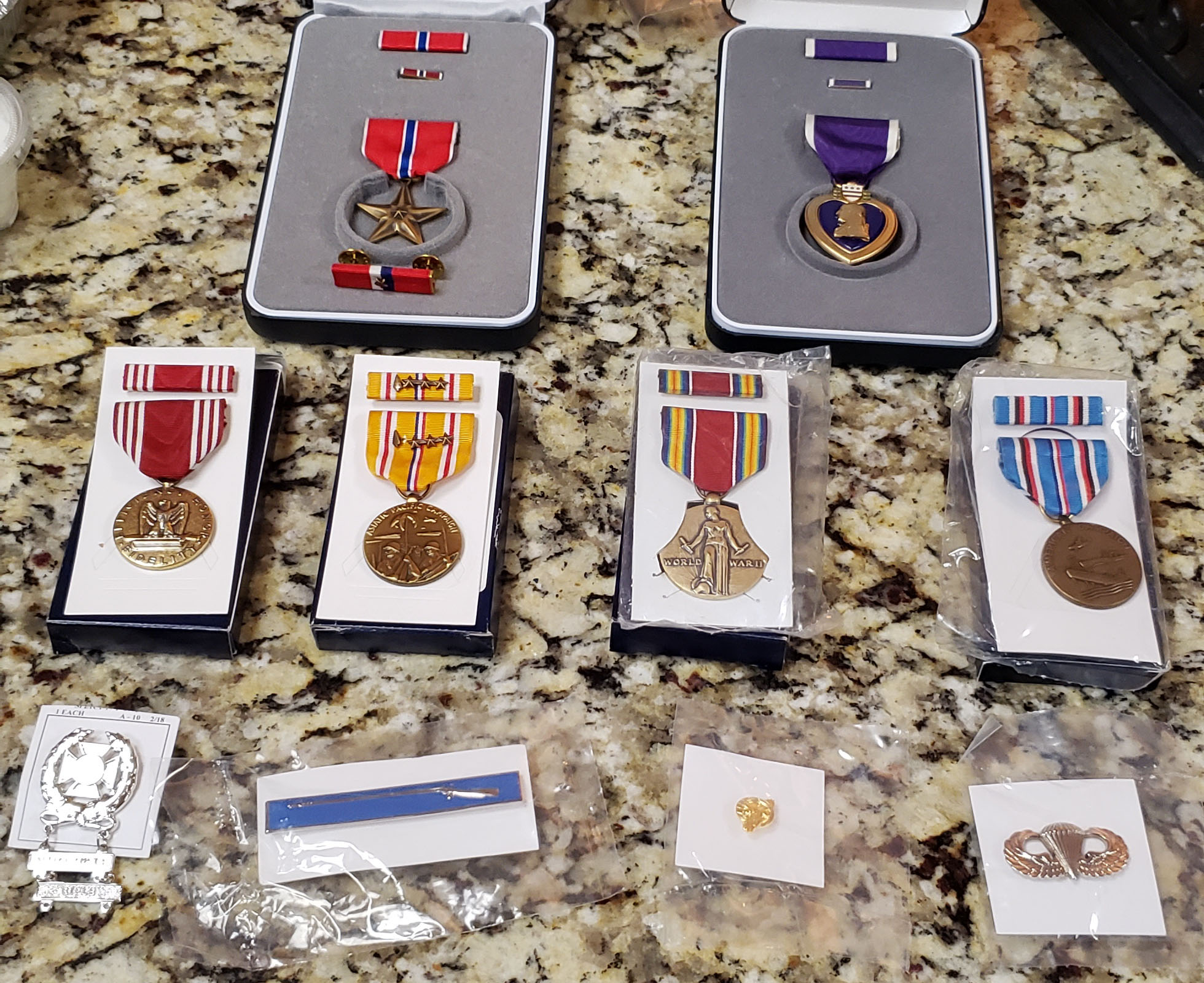
How Georgia College students are breaking news using the state’s open records law
By Pate McMichael, adviser, The Colonnade, and senior lecturer, Georgia College
The first story broke on a Monday morning in our group chat: “I just heard a GC bus hit a person.”
Over the next five weeks, Georgia College, a public liberal arts university in Middle Georgia with 7,000 students, would experience the death of bicyclist, a devastating fraternity house fire, a norovirus outbreak that shut down the dining hall, an armed robbery blocks from campus, and the shooting of a GC student who narrowly survived.
Our tiny young staff at The Colonnade had little experience fielding red-hot news, but that group message changed everything. For the two editors staffing the news desk, the grind of those five weeks taught them a valuable lesson: getting public records in a timely manner can make or break the big story. Continue reading “Full Disclosure: Using FOIA requests in a college newsroom”